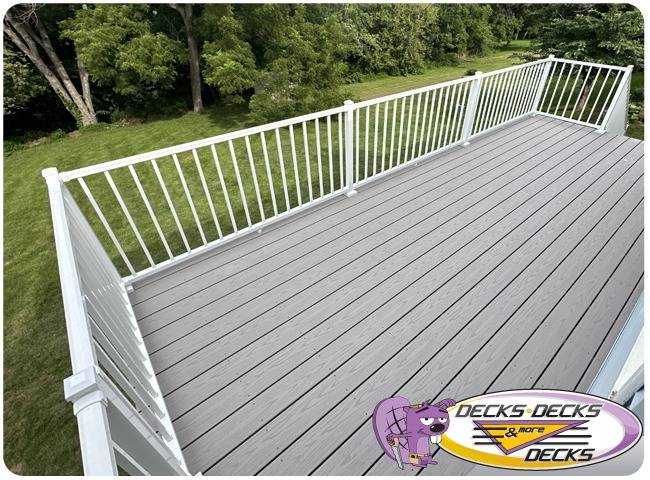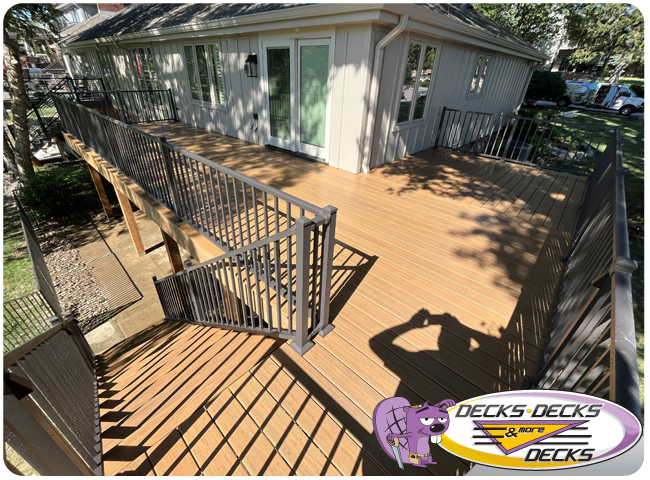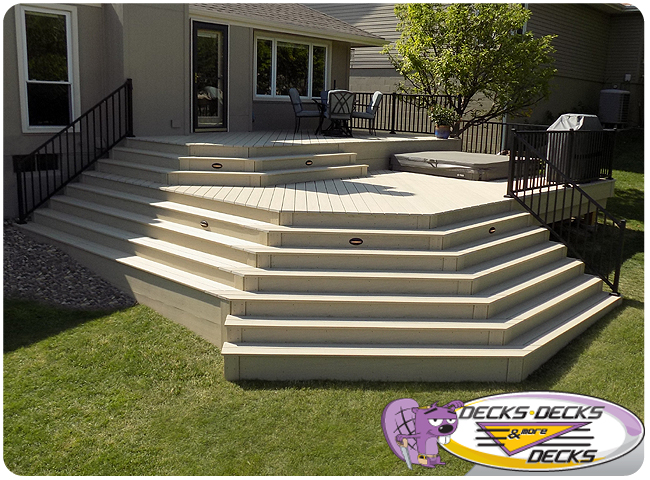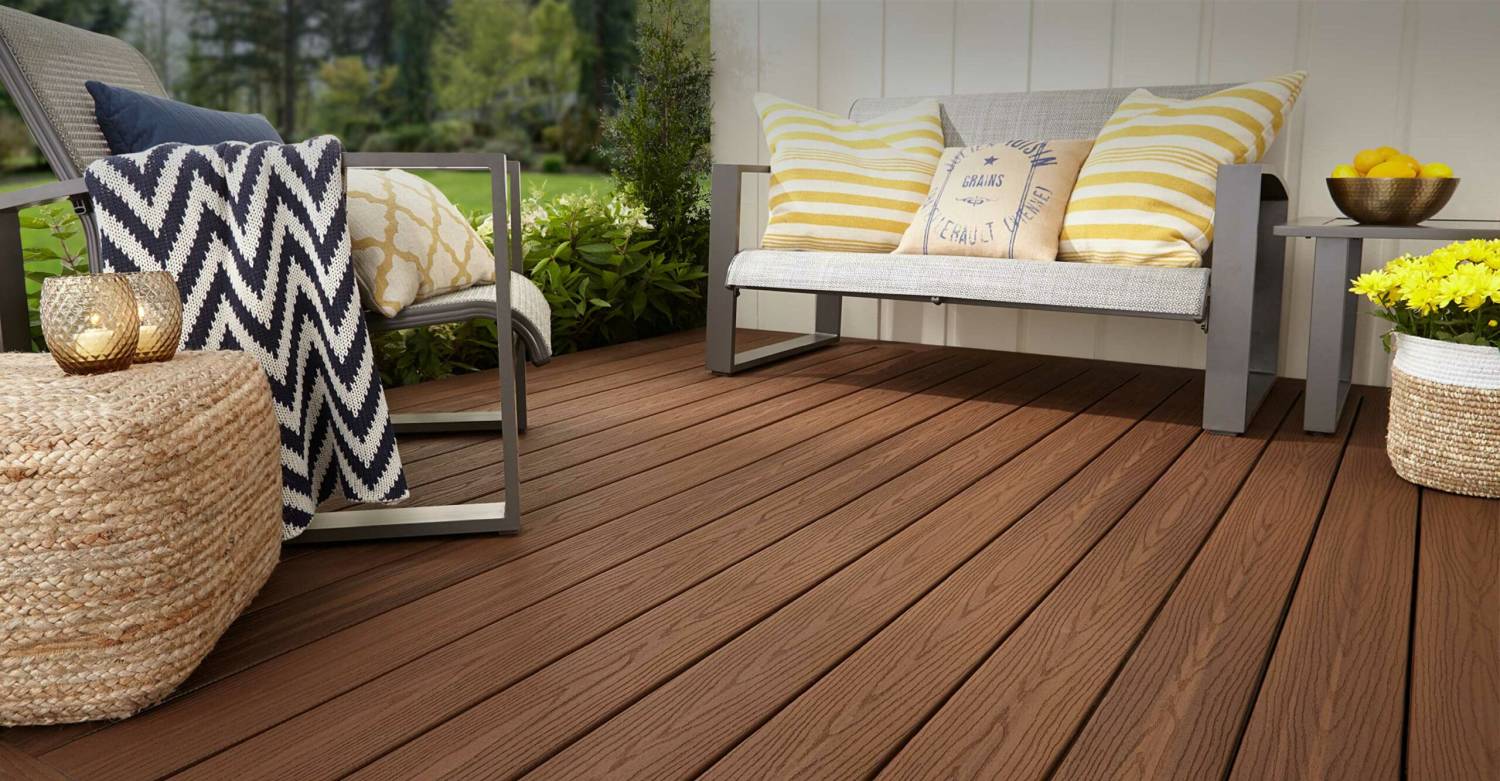Choosing PVC Decking: Benefits, Brands, and Comparisons with Composite Decking
PVC decking has gained popularity for its durability, low maintenance, and aesthetic appeal. If you’re considering a deck upgrade, understanding the advantages of PVC-based decking and how it compares to other materials, like composite decking, can help you make an informed choice. Here’s a guide to everything you need to know about PVC decking, from top brands to performance insights.
What is PVC Decking?
PVC, or polyvinyl chloride, decking is a synthetic material known for its weather resistance, strength, and versatility. Unlike wood and composite decking, PVC-based decking is entirely plastic, meaning it doesn’t contain organic material that can warp, splinter, or attract mold. It’s a great choice for homeowners who want a beautiful deck without the need for extensive upkeep.
Benefits of PVC Decking
PVC decking offers a range of benefits that make it an attractive choice:
- Low Maintenance: PVC is easy to clean and resists staining, so you won’t need to worry about regular sealing or staining.
- Weather Resistance: PVC is highly resistant to moisture, making it an excellent choice for decks in humid or rainy climates.
- Durability: Unlike wood, PVC won’t warp, splinter, or fade, even after years of exposure to the elements.
- Eco-Friendly Options: Some PVC deck brands use recycled materials in their products, making PVC a more environmentally friendly option than it used to be.
Popular PVC Deck Brands
When choosing PVC composite decking, it’s essential to consider reputable brands known for quality and innovation. Here are a few of the top PVC deck brands:
- Azek: Known for its sturdy PVC decking options that come in a wide range of colors and finishes.
- Fiberon: Offers PVC decking that balances durability with eco-friendliness, incorporating recycled materials.
- TimberTech: This brand provides high-performance PVC decking that mimics the look of natural wood without the drawbacks.
These brands offer a variety of styles and colors, allowing you to choose the perfect PVC deck design to match your home’s aesthetic.

PVC Decking vs. Composite Decking
Both PVC decking and composite decking are excellent alternatives to traditional wood, but they have key differences:
- Material Composition: PVC decking is entirely synthetic, while composite decking is a blend of plastic and wood fibers.
- Maintenance Needs: Both options are low-maintenance, but PVC requires slightly less care over time since it doesn’t contain wood fibers.
- Appearance: Composite decking often has a more wood-like appearance, which some homeowners prefer, while PVC can offer a more modern look with consistent coloring.
- Cost: PVC decking is typically more expensive upfront than composite decking, but its longevity and low maintenance may provide better value in the long run.
Is PVC-Based Decking Right for You?
If you prioritize longevity, minimal maintenance, and a deck that stands up to the elements, PVC-based decking is a fantastic option. With its variety of styles and high durability, a PVC deck can enhance your outdoor space while saving you time and effort in upkeep.
Final Thoughts on PVC Decking
PVC decking brings together the best of style and durability, making it a solid choice for modern decks. Whether you choose a popular brand or compare PVC decking with composite decking, investing in a quality deck material means more time enjoying your outdoor space and less time maintaining it.




